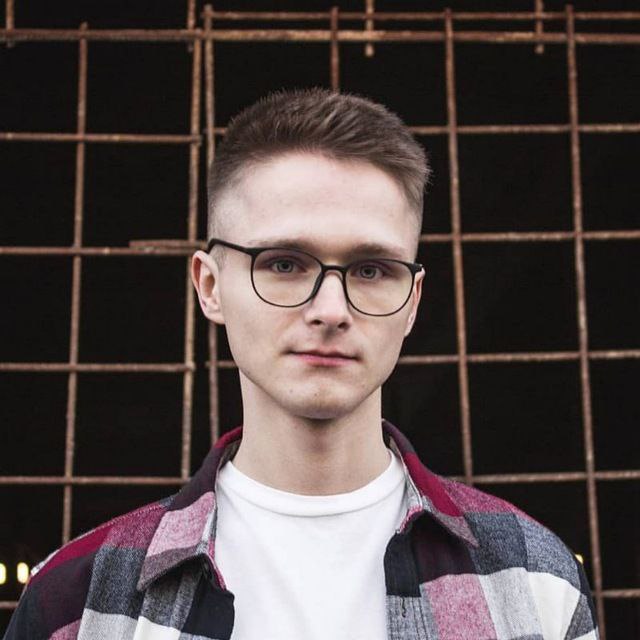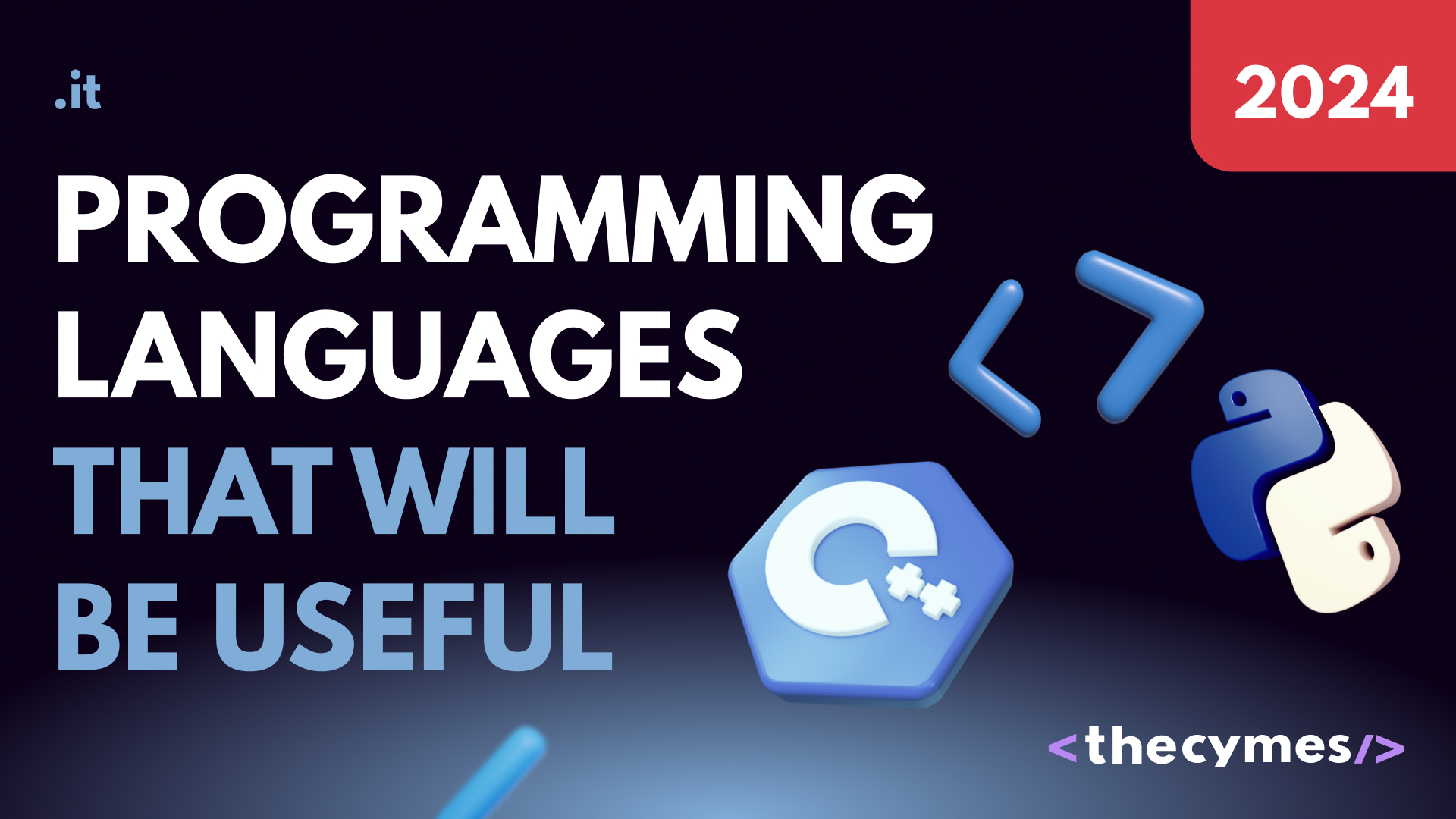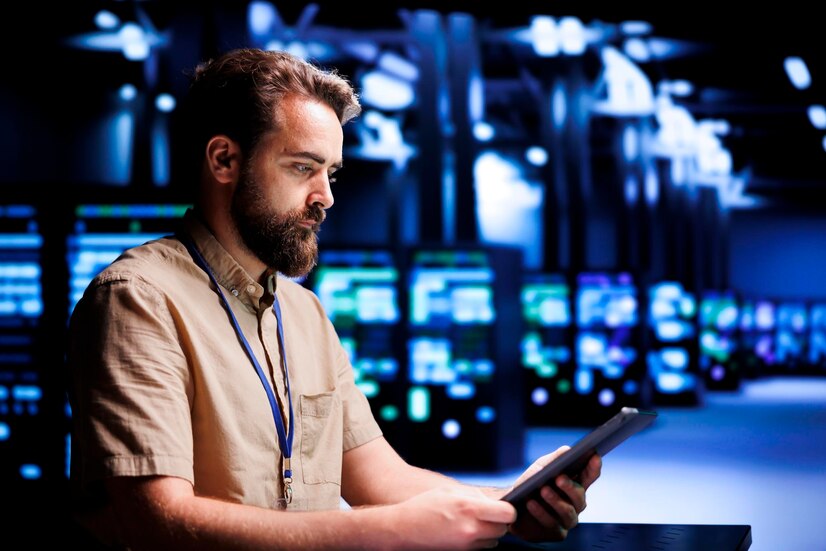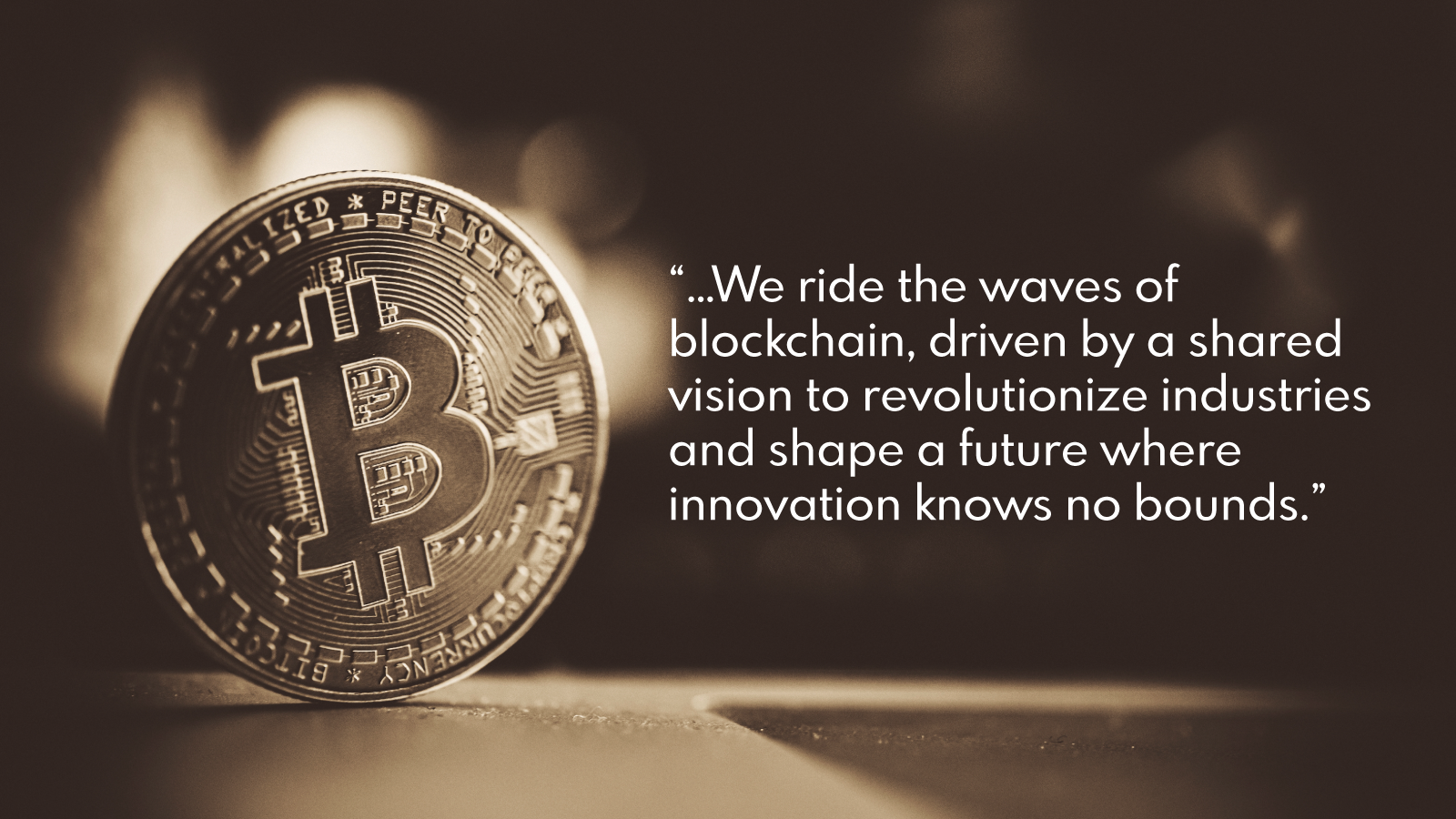.it/tech18 August 11:37
0<
Code Chronicles: A Docudrama Unveiling Ukrainian IT's Journey from the '90s to War
/>Discover how the most prominent Ukrainian IT entrepreneurs and developers created the industry in the country. CEO and founder of software development company — Powercode, and head of The European Association of Software Engineering (EASE) Vladyslav Savchenko assembled a team and directed a docudrama about the Ukrainian IT sector. be updated on the latest tech newsGet exclusive news updates and overview on tech market




